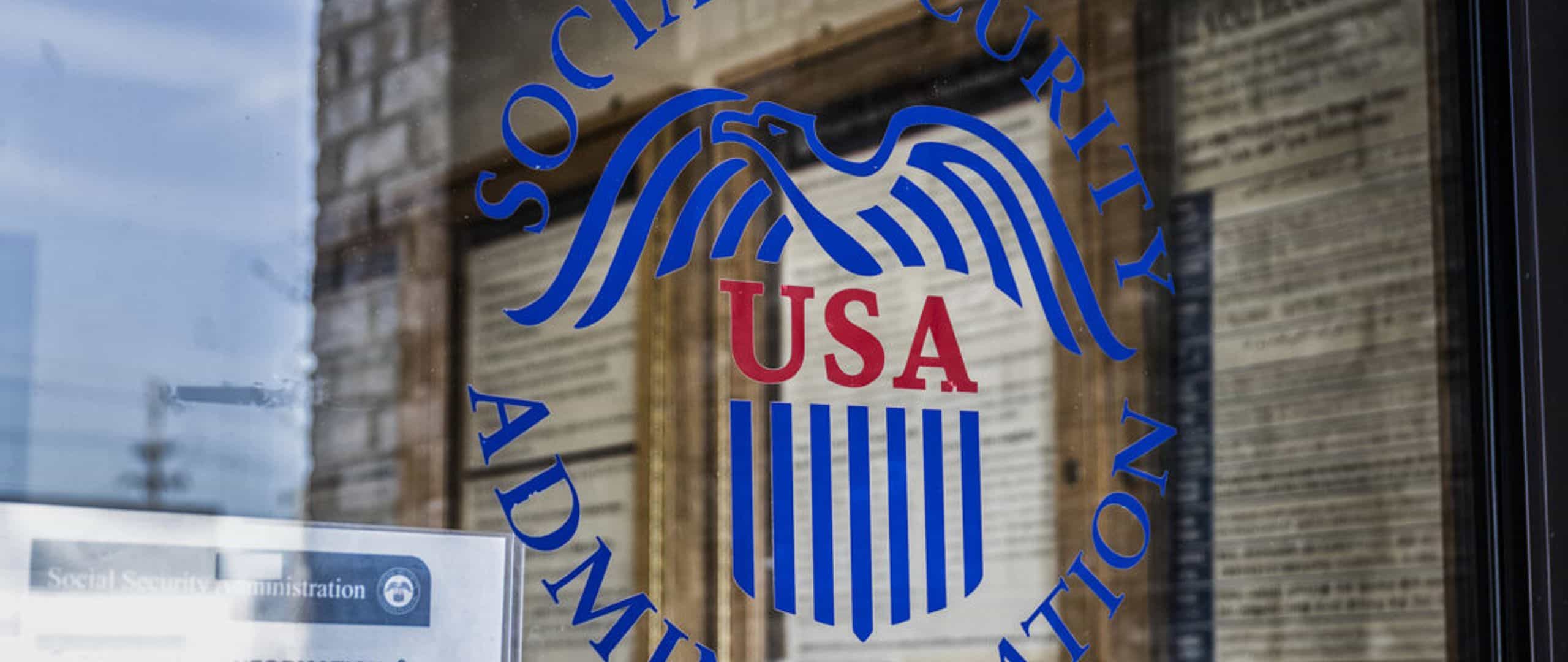Tax Free Social Security Benefits
If you were expecting tax-free Social Security benefits to begin this year, prepare to be disappointed. Millions of retirees will agree that having to pay taxes in retirement isn’t fair. To add salt to the wound, originally, benefits were not taxable. Taxes on Social Security benefits began in 1984 to address a financial shortfall in the program. It’s the shortfall in the program and the proposed method of offsetting the loss of income to Social Security that may prevent campaign promises from being fulfilled.
Although Social Security and Medicare are separate programs, Medicare is funded, in part, though taxes on Social Security benefits as well as payroll taxes, Government contributions, and payments made by Medicare beneficiaries. If Social Security benefits were to become tax-free for all, not only would lawmakers have to find a way to recoup the loss of income to the Social Security program, but they would also need to find an alternative way to fund Medicare.
The current tax rate for Social Security is 6.2% for employer and employee with a wage base cap of $176,100. This means high-income earners only pay taxes on $176,100 of their total income. The Medicare tax rate is 1.45% for employer and employee and high-income earners pay an additional .09% on earnings above the cap. The proposed legislation calls for an increase to the Social Security wage base cap and requires bipartisan support which we all know is difficult to achieve no matter the legislation.
Currently, the only retirees who enjoy tax-free Social Security benefits are those who earn less than $25000 a year while 40% of retirees fall above the threshold and pay taxes on monthly benefits. If there were a fair and reasonable way to provide tax-free social security benefits to all retirees, no matter their income, everyone would support it. Bigger monthly checks and more financial freedom is, after all, the American dream.
